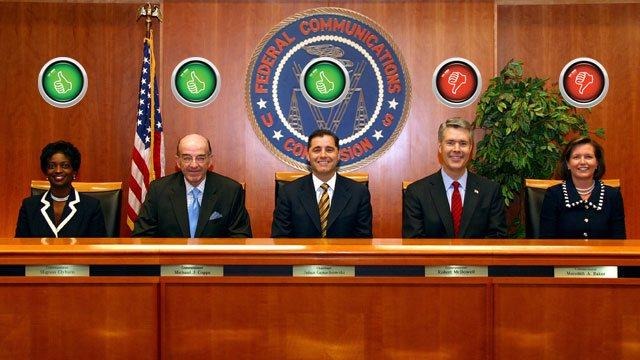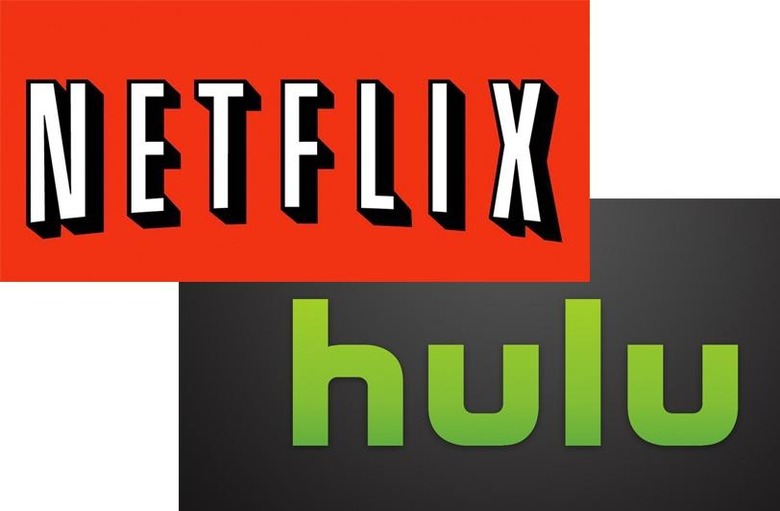Net Neutrality - Why It Should Matter To You
Before this year's presidential elections became the major factor dividing the US tech industry, it was "net neutrality" that split camps along lines of for or against. And if you thought the (legal) battle is over, you are definitely wrong. Although the FCC already ruled in favor of net neutrality last year, the changing of the guards opens up the real possibility, nay an explicit objective even, of undoing all that. The net neutrality debates are about to be reignited and, whichever side of the camp you stand on, the results will inevitably affect everyone.
Between a rock and a hard place
What is Net Neutrality really? It is actually a principle that says that data should be treated equally, no matter their purpose, use, or target. Specifically, net neutrality admonishes Internet service providers not to discriminate between browsing Facebook, which doesn't use up too much data, and binge watching Netflix, which gobbles up gigabytes. ISPs would normally throttle the consumer's bandwidth in case of the latter, giving various reasons/excuses, mostly around keeping networks from getting congested and hogged by a single individual.
Naturally, there are pros and cons to this principle, but in the US it takes on a more political and legal character. At the heart of the debate is the question of whether the US Federal Communications Commission (FCC) even has the legal mandate to implement rules favoring (or not) Net Neutrality. Last year, the FCC made its position clear. Yes, it can and, yes, it will. It has classified Internet broadband access as a telecommunications service, which falls under its domain. Opponents of net neutrality, however, insist that imposing such regulations would be detrimental to the ISP business, which, in turn, would stifle innovation and investment to improve the state of Internet access in the US.
Trumping up the debate
Freshly-elected US president Donald Trump hasn't made it a secret. He's no fan of net neutrality. And while he hasn't yet explicitly stated it as his mission, he is setting the stage to overturn the FCC's rules favoring net neutrality. Like everything in the US, the FCC will be split on party lines, and majority of its commissioners will naturally come from the ruling party. Those who are already poised to take control of the commission has not so subtly made it clear: net neutrality's days are numbered.

While net neutrality opponents might be breathing a sigh of relief, changes won't happen overnight. Because the rules have already been implemented, it will take yet another long process to undo those. A process that will most likely involve yet another round of back and forth between those for and those against. It could take a year, even more, depending on how much the new FCC is open to outside discussion. There is little doubt, however, that it will happen eventually. And when it does, it's going to affect everyone, no matter which camp you're own.
Content consumptions are going to get pricier
The most immediate consequence of removing the limits set by net neutrality is that service providers will be free to charge extra depending on the source or purpose of data. And they will be able to charge both ends of the pipeline, both the end user as well as the content provider. If you want your streaming not to be throttled, you'll have to pay extra. And if you're a streaming source who wants access to premium lines, you'll have to pay extra as well.
That is actually fair in a capitalist economy, where you pay extra for privileges (though net neutrality advocates would argue that shouldn't be a privilege anyway). However, problems arise when even that isn't exactly a level playing field.
The biggest case of this would be the rivalry between Netflix and Hulu. While Netflix might be the household name in video streaming services, it is really just a small company compared to some of its rivals. Hulu, for example, is partly owned by Comcast, which is an Internet service provider. It's safe to assume that Hulu will enjoy some preferential treatment with regards to bandwidth and won't be charged extra, if at all, for premium lines. Netflix, on the other hand, won't be so lucky. And any expenses it will incur because of that will eventually trickle down to consumers in the long run.

Video streaming won't be the only casualty. There is a strong chance that services that rely on heavy, continuous use of Internet bandwidth are going to raise their subscription fees should things reach that point. And some might argue that's just how the world, especially competition, rolls.
But while that might be relatively fine for larger companies, significantly smaller ones will have a harder time competing in that space. Net neutrality advocates would point out how small Internet business could end up closing down just because they won't be able to reach potential customers, because they've been shuffled to the gutters by the companies who can pay for a wider road. But, then again, that's how businesses live and die anyway.
Wrap-up
People from both sides of the Net Neutrality divide unsurprisingly claim to have the consumers' welfare at heart. Advocates claim that net neutrality protect consumers from greedy corporations who will exploit every legal remedy or loophole to squeeze out an extra buck or two. Opponents, on the other hand, protest that net neutrality actually goes against the consumer's best interests because it prevents service providers from making investments and taking risks to improve infrastructure and services, especially in underserved markets.

Like any good, complicated debate, there is no clear cut answer that both sides will be able to agree on amicably. In the end, it will be up to an arbiter or a higher authority to settle the matter, whether they like it or not. In this case and in particular the US, that will be the FCC, or the US Supreme Court, under the new Trump administration. And if recent ripples are any indication, it might be time to reassess your budget for broadband and streaming subscriptions.
